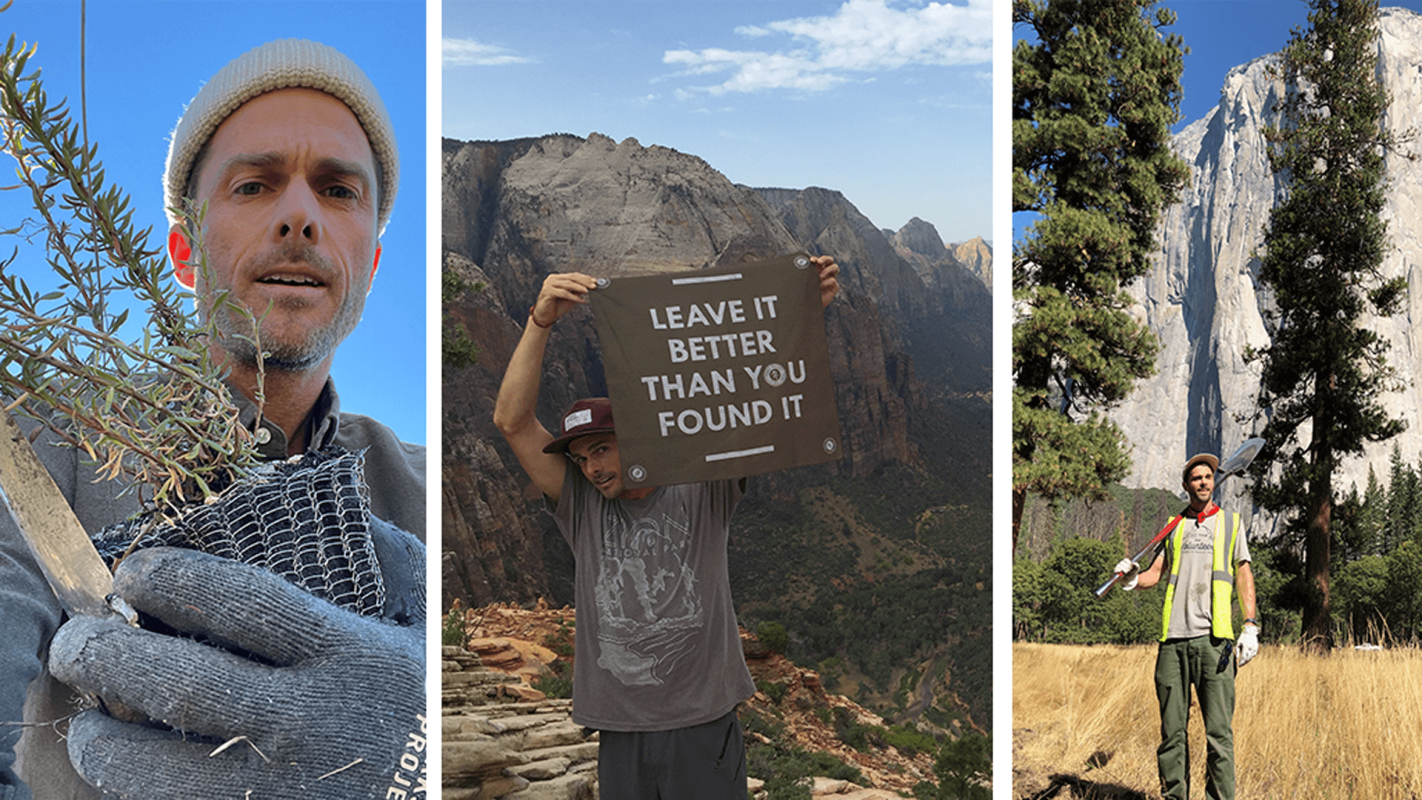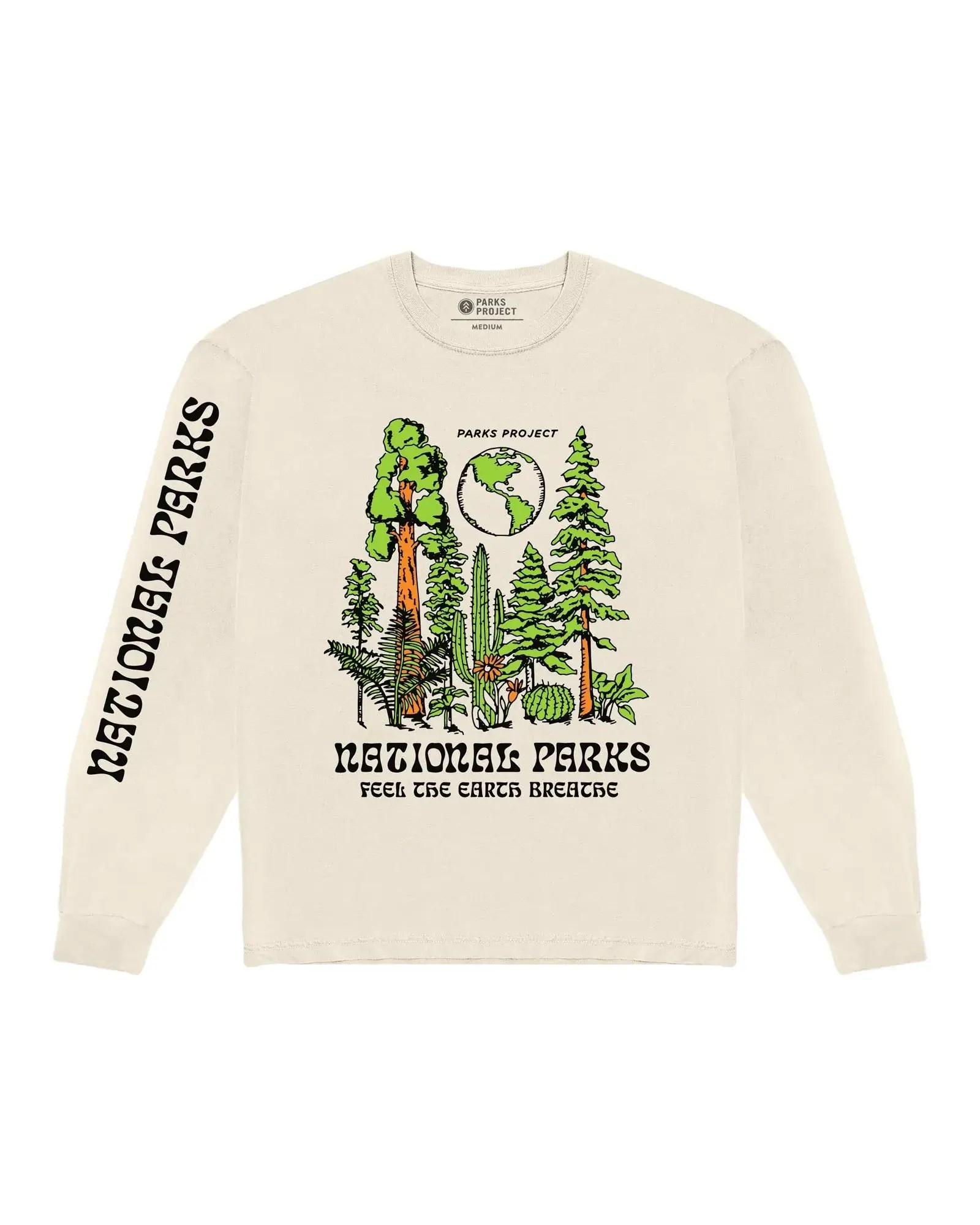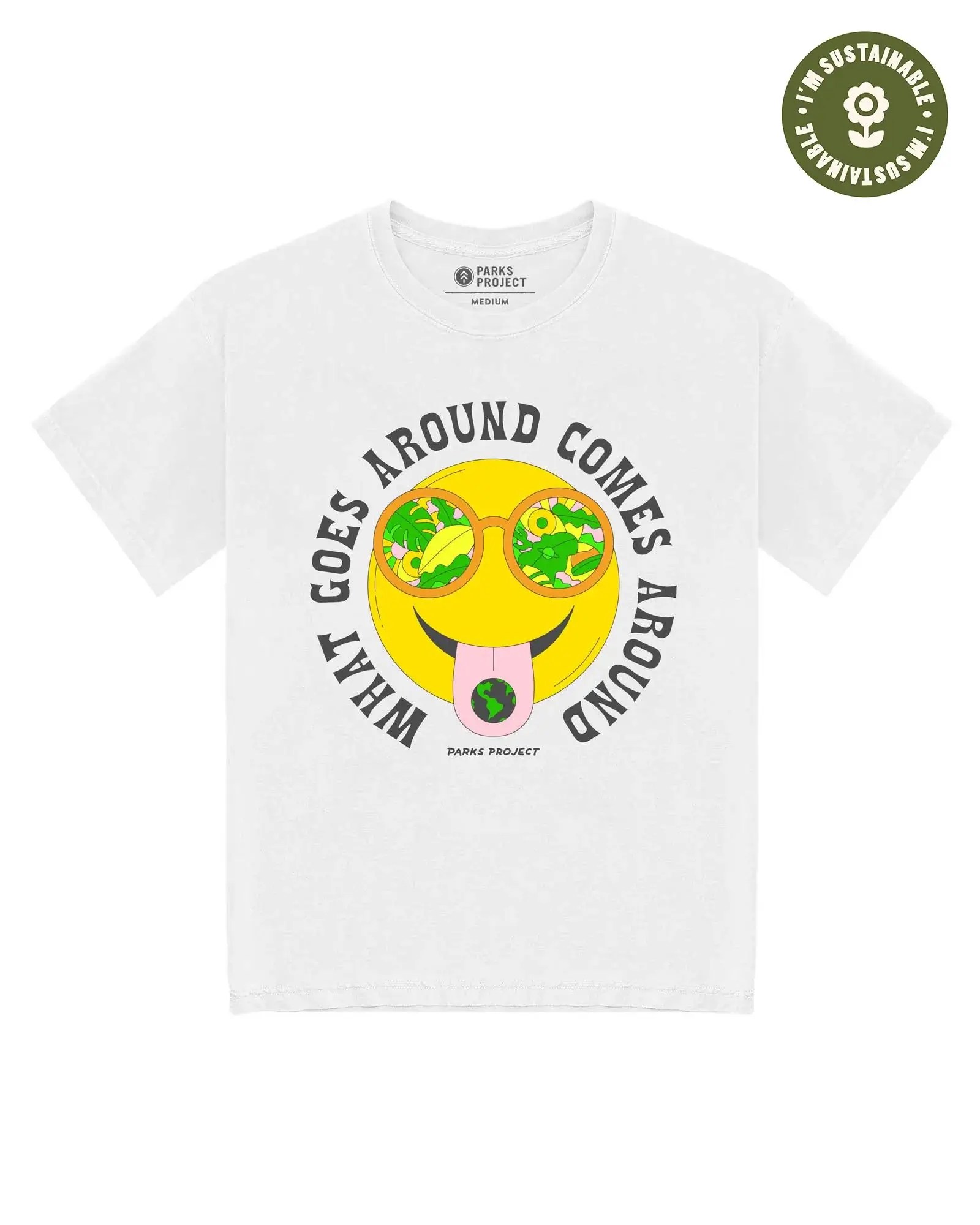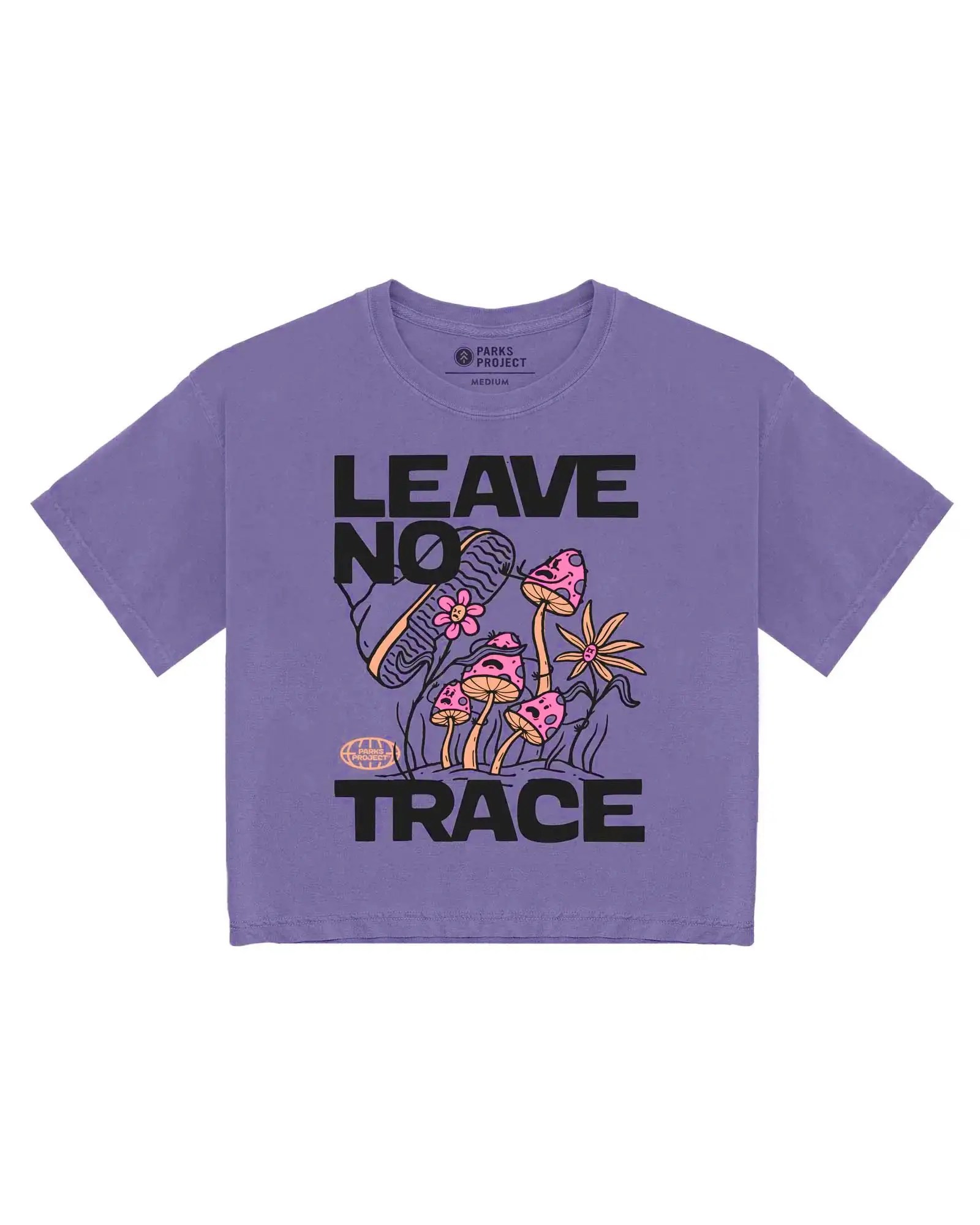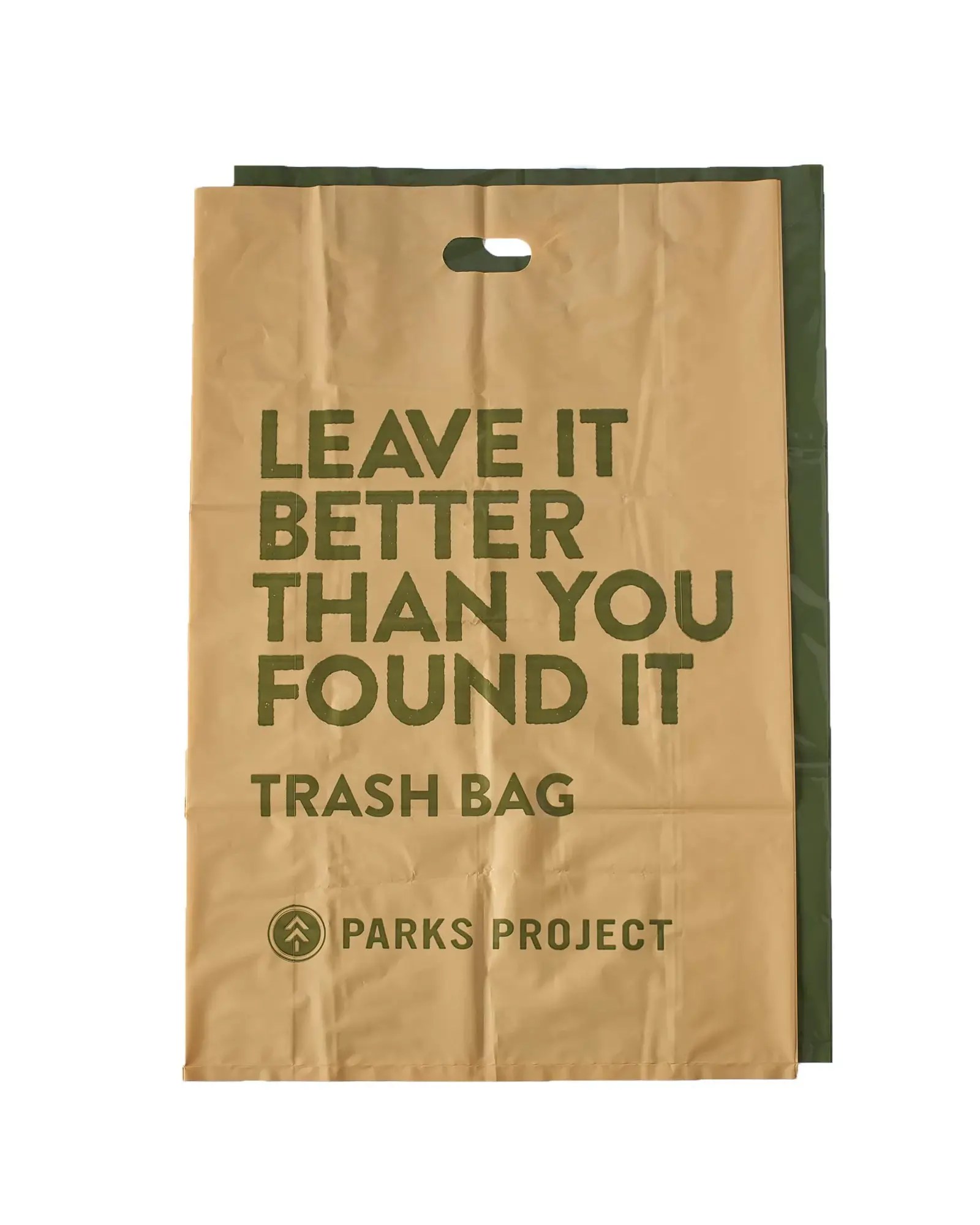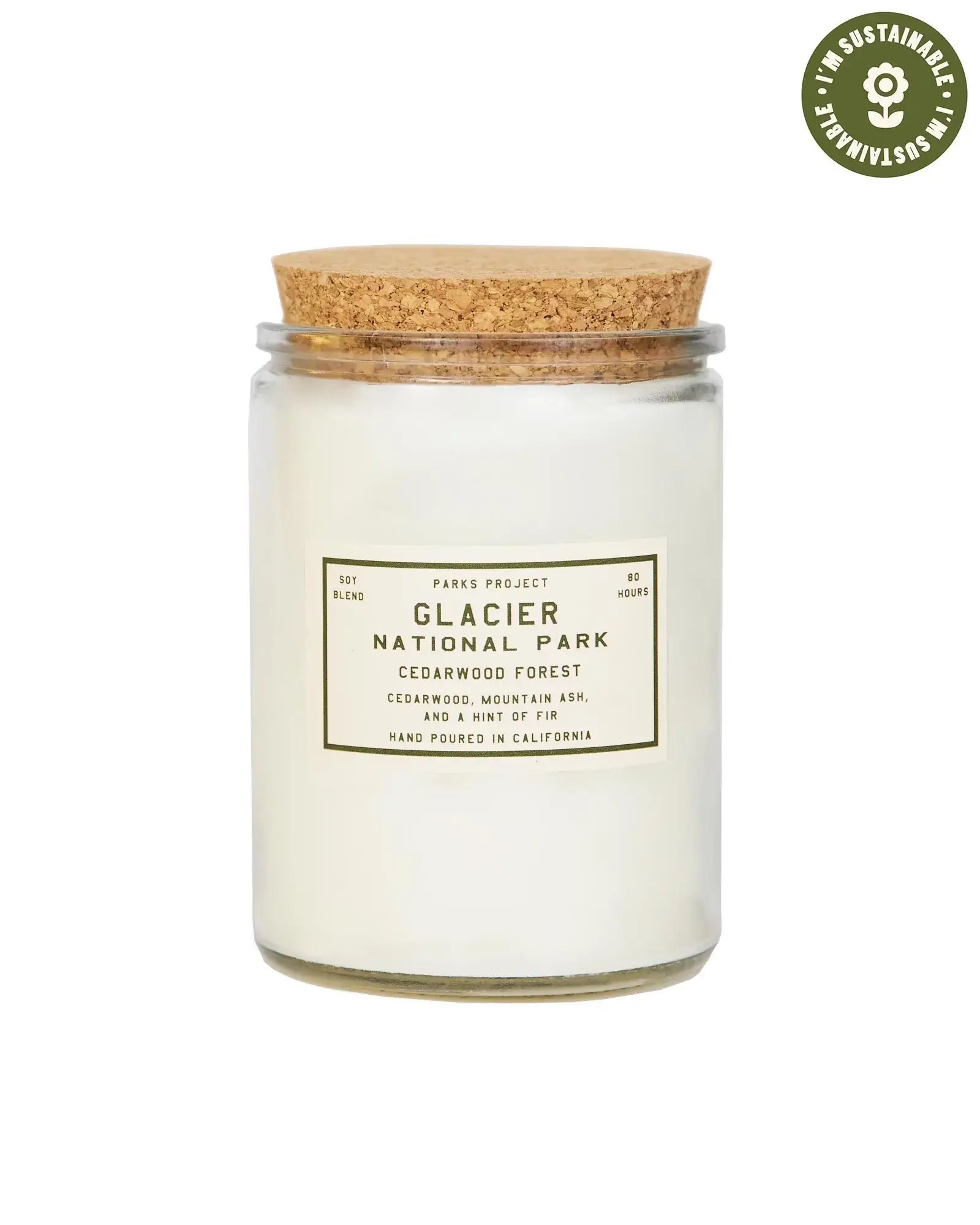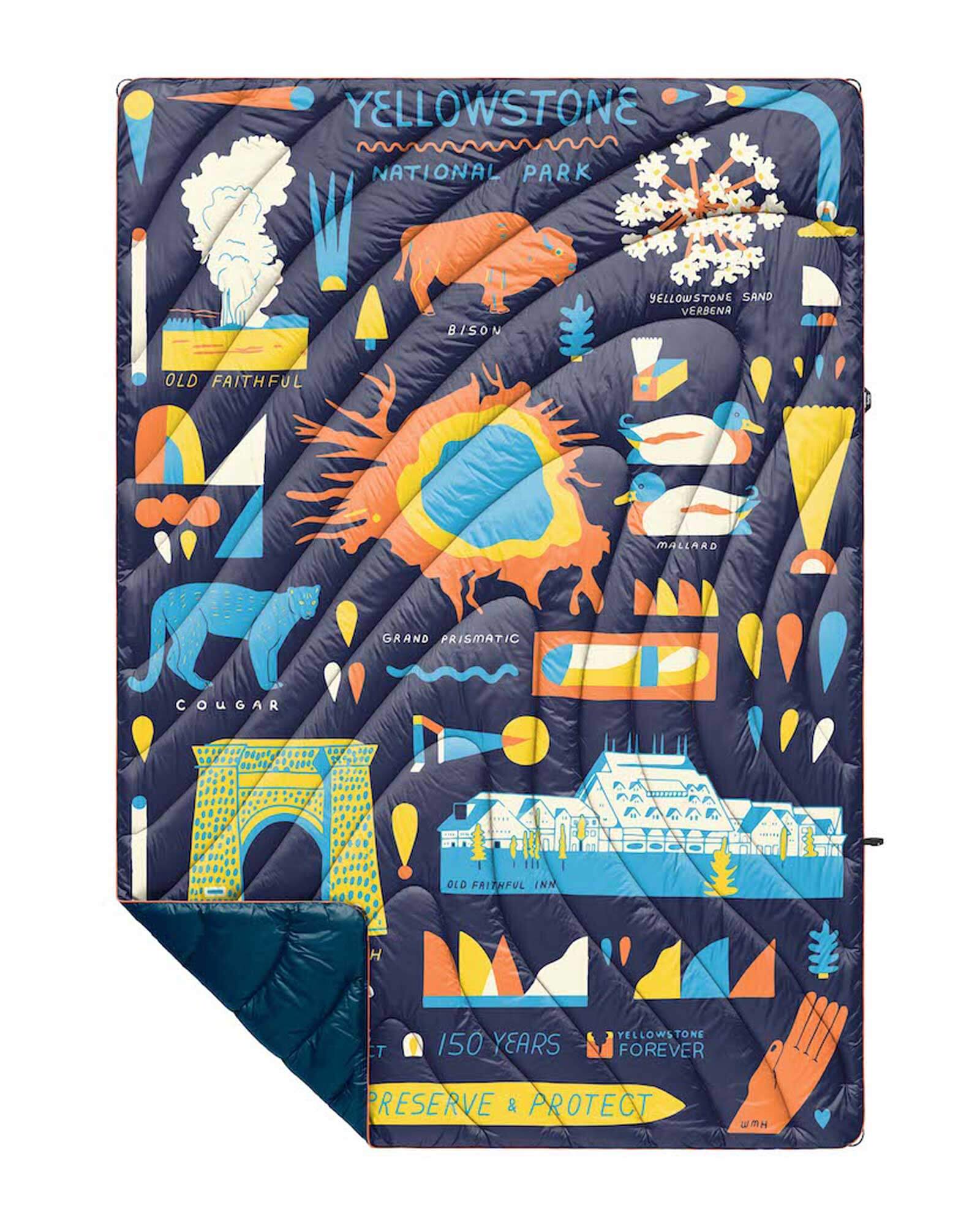For Keith Eshelman, growing up in Mill Valley, California meant Yosemite was his playground. It was there that he had his first wilderness experiences: backpacking, bear viewing, and soaking in that intoxicating "off-the-grid" natural high.
It wasn't until the birth of his daughter that something really set in for Eshelman. While on paternity leave, with a baby strapped to his chest, he set out to hike a trail in Big Sur, and was faced instead with caution tape and trail closure due to erosion. This got Eshelman thinking about the outdoors, nature, the parks, what they mean to him, his daughter, the world … we all know this spiral, yes?
Eshelman started volunteering doing different types of restoration projects in a variety of parks and learning about mountain lion initiatives, invasive grass removal projects, and habitat preservation. Inspired by his time working as an executive at the popular shoe brand TOMS –– where Eshelman first learned about the power of business to create positive social change –– he saw a void in the marketplace for cool, quality national park products that also connect with a greater business mission.

There was a garage involved (where all good ideas start), some cars, coffee shops, and a small team of passionate nature lovers wanting to help, and in 2014, Parks Project was born. The brand aims to fund much-needed national parks maintenance through sales of its vintage-modern tees, candles, and home decor. Eight years later, in 2021, Parks Project celebrated $2.4 million contributed to nonprofits on behalf of parks.
"Everyone loves national parks. Everyone's got a story, a memory," Eshelman, co-founder and CEO of Parks Project, told The Cool Down. "How do we make that universal product that speaks to a lot of people, because parks speak to a lot of people?"
According to the National Park Service, 2021 saw more than 200 million visitors across the more than 400 U.S. National Parks, a 25% increase from 2020, when the COVID-19 pandemic kept parkgoers at home. People missed their parks.
"The brand fits into people's lives. You have to be helping solve a problem, and for some people it's like, 'Oh my gosh, I've been looking for a camp chair for a while,'" Eshelman said. "That's the fun. And for someone else it's like, 'Oh my gosh, you know, I love Yosemite –– I went there!' It's something that they can feel like is part of their identity as a caretaker of the world."
Although the brand seems to have connected most strongly to a millennial audience, Eshelman doesn't like to categorize people based on age. He says his overall customer base spans a few generations, and, for the most part, are progressive thinkers that really appreciate the outdoors and parklands –– and want to use their dollar intentionally.
So what exactly is the Parks Project's winning formula? National parks T-shirts made of 100% cotton with fresh designs of beautiful places that evoke happy memories; quality travel, home goods, and camping accessories with a subtle retro-vintage aesthetic (we love this rad igloo); and a portion of every sale going to projects that protect and preserve parklands through their park conservancy partners or by hosting community volunteer days.
Other brands his customers typically buy from are Girlfriend Collective and Patagonia — a lot of Patagonia. "It's those people that wanna wear the brand that stands for something," Eshelman says.
Eshelman has a new favorite Park Project collection called "Feel the Earth Breathe." It's a curated selection of products that tell a story and make a statement.
"Everyone does need to breathe right now. It's like, take time off and go get lost in a park and let time slow down," he explained. "I think if more people do, there's gonna be more vested interests in their future and their restoration. If we can encourage people to go understand how the Earth breathes, how everything is interconnected –– it's this spider web of the most brilliant design ever."

Eshelman also shared his thoughts with The Cool Down on the recent extreme flooding across Yellowstone that made headlines across the globe.
"Radical weather will be part of our lives. This is the new norm that we're living in," he said. "Extreme weather, you know, be flexible with your trips –– you may be going somewhere and it floods, or there's just bigger weather events all around. That's part of our new norm."
So what can we do to take positive action in the face of devastating images of houses floating down rivers?
Eshelman says one great way people can get started in conservation efforts right now is by being aware of the places you go to, the resources you consume there, and how you leave the space. For example, if you're taking a trip to a park, maybe don't bring the 24 pack of micro water bottles, and instead, choose something reusable.
A reusable water bottle not only helps the environment, but can also save you money. According to Case Western Reserve University's Office of Energy & Sustainability, Americans on average spend $5 a week on single-use water bottles. Skip them entirely for a year and you can buy three annual national parks passes instead!
Recently, Eshelman started visiting more of the conservation projects his company has funded across the country. Earlier this month, he went to the Rocky Mountains and hiked out on a trail with the Rocky Mountain Conservancy Corps. "They actually gave me one of their uniforms, as, like, an honorary member, and I was just so proud of that," he said.
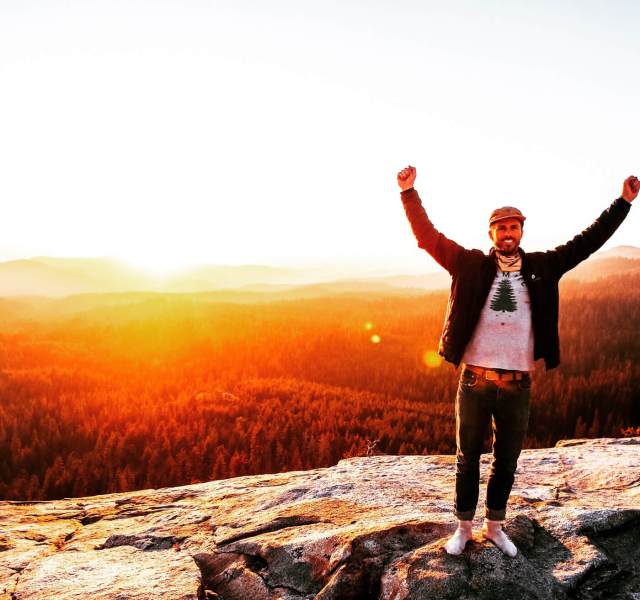
Other nonprofits that Eshelman loves and personally supports are NatureBridge and Community Nature Connection, who are helping inner city kids have more nature experiences, and even find careers in the outdoors.
"There's a lot of great things happening in the world right now," Eshelman told The Cool Down. "And sometimes they get overshadowed with the problems that are in our daily lives."
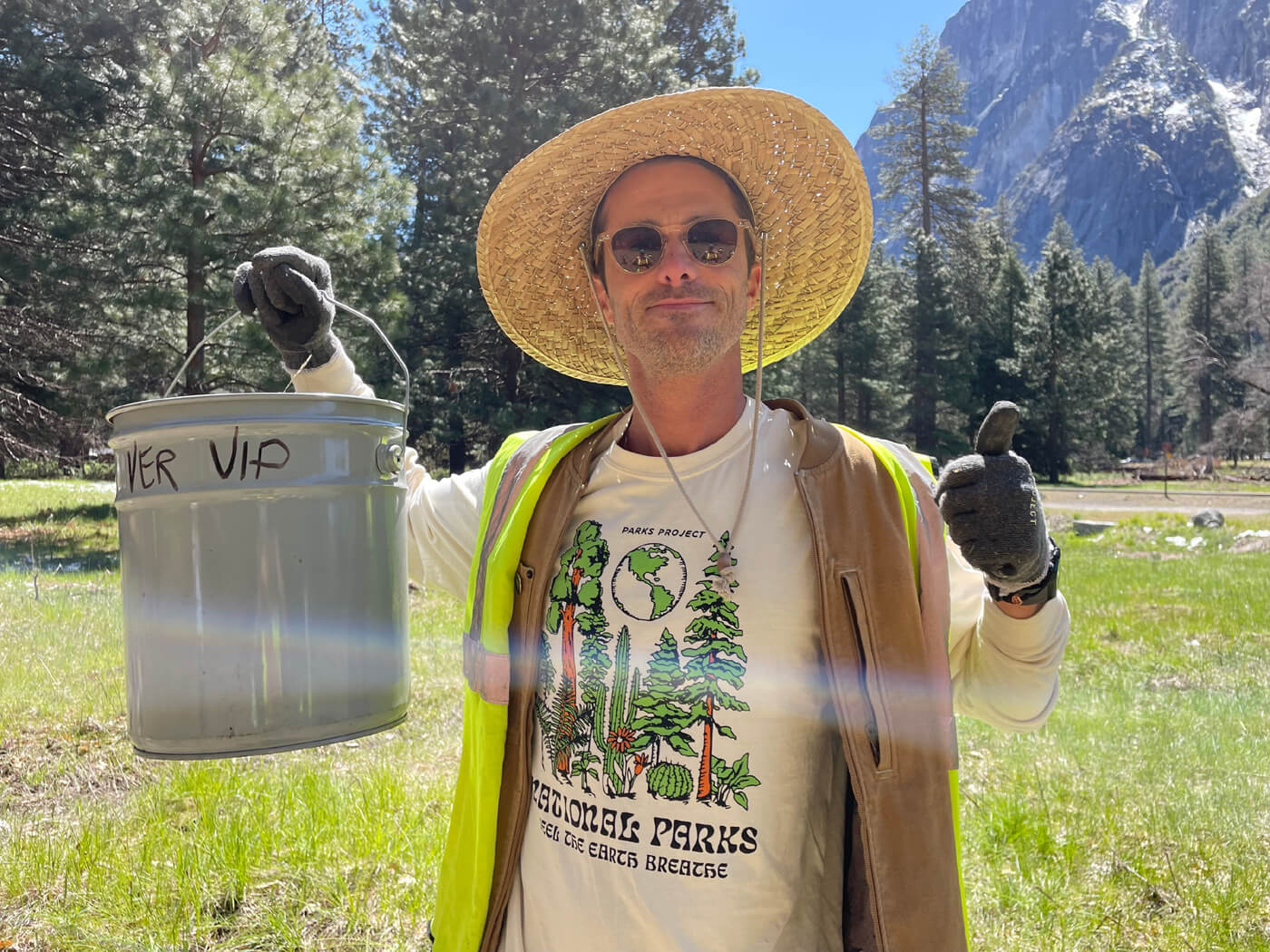
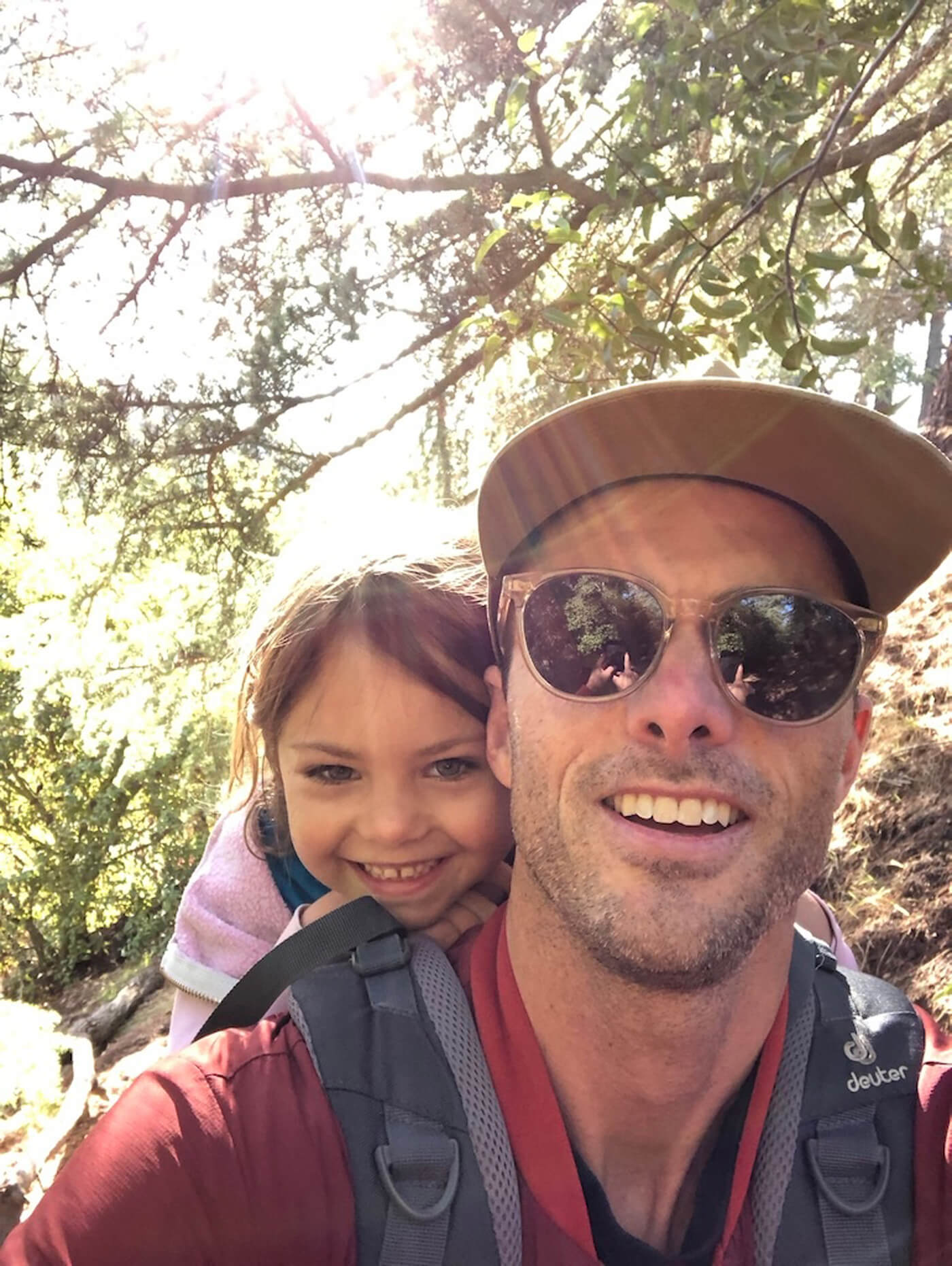
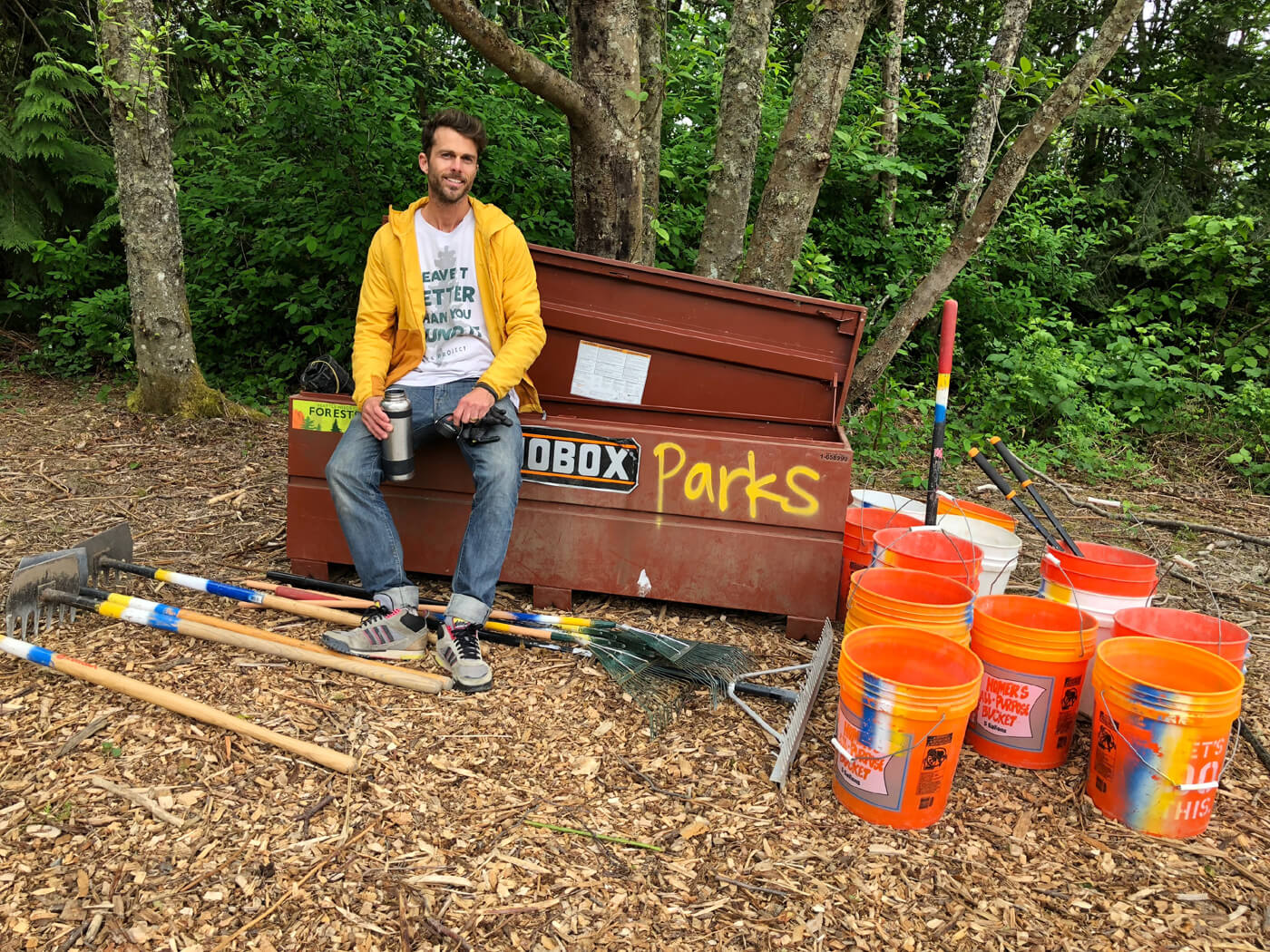
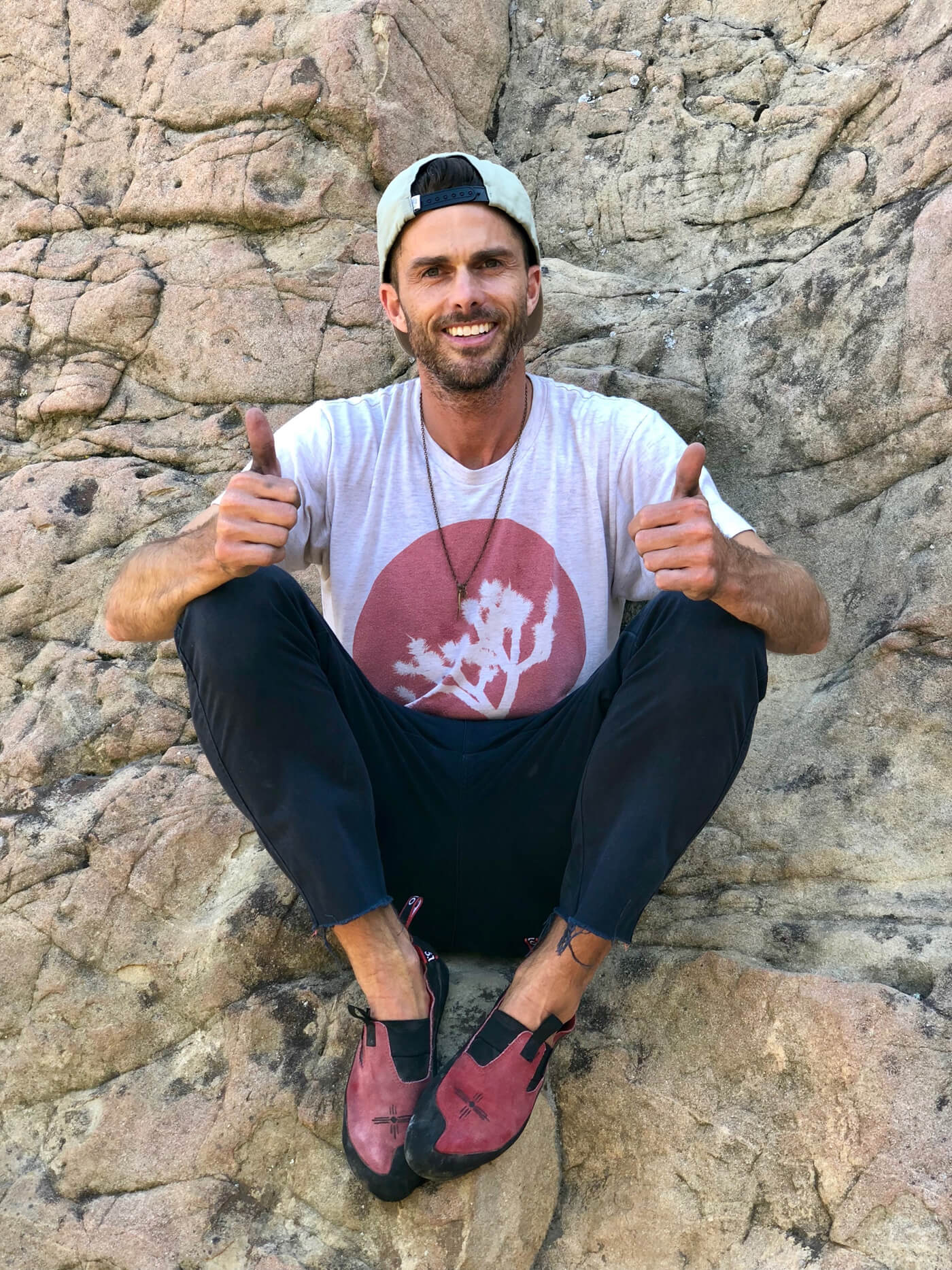




Shop Keith's Favorite Parks Project Gear:
The Cool Down may receive a commission on purchases made through links on this page at no cost to you. Price and availability are subject to change. Learn more about our Product Mission here.
Follow The Cool Down on Instagram and TikTok.
